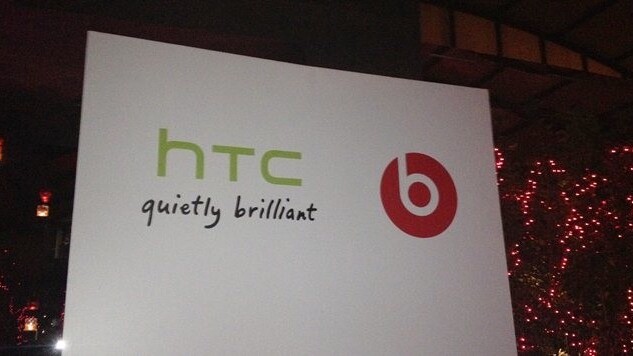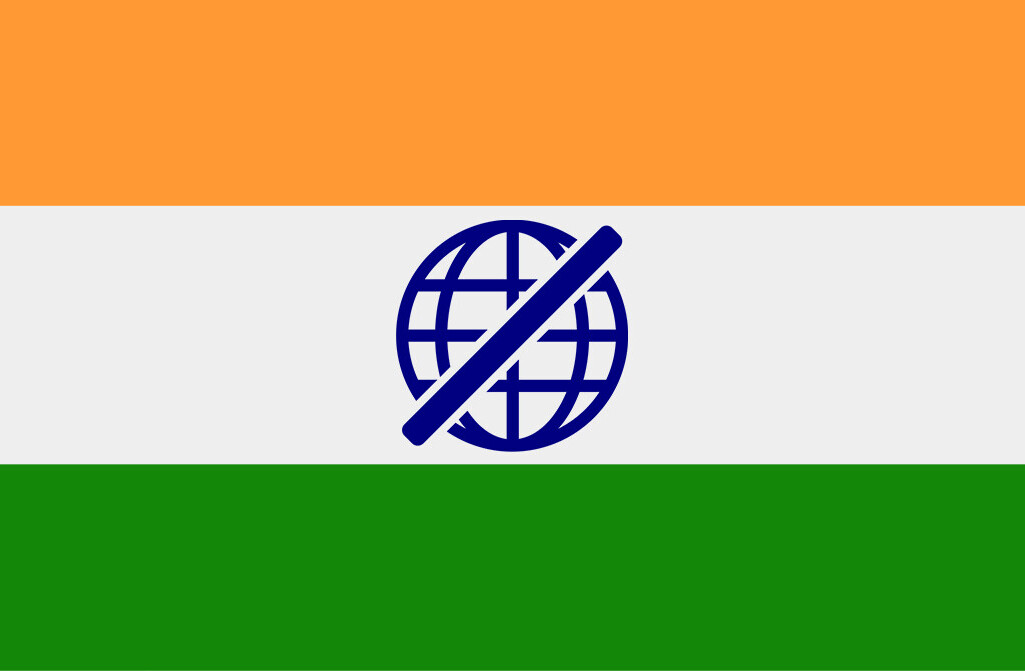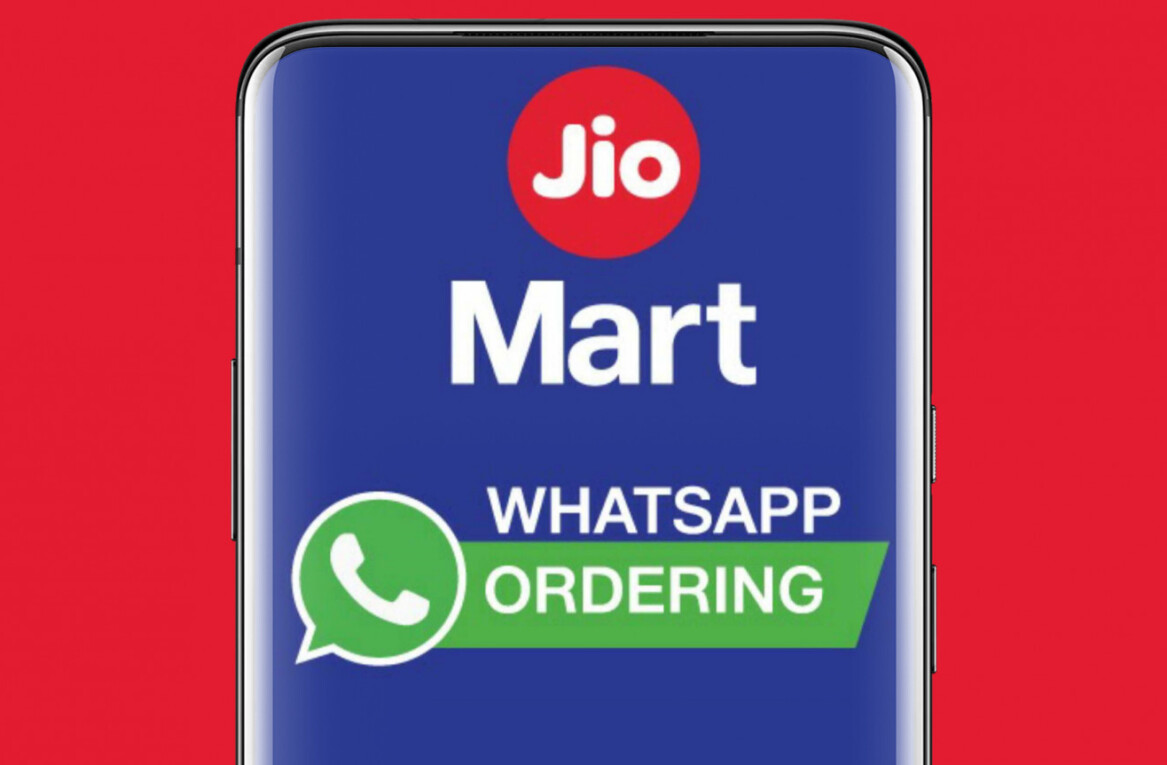
Though it is struggling financially, Taiwanese handset maker HTC has pledged to continue its policy of working with operators to customize devices to their requirements and services, after a senior executive called the approach “essential”.
Speaking in Taipei, where the firm launched an NFC-centric version of its HTC One smartphone in association with Chunghwa Telecom — Taiwan’s largest operator — HTC North Asia President Jack Tong told Focus Taiwan that serving operators’ needs is crucial.
“Telecom operators need differentiated services to increase their data revenue. And this is essential to HTC,” Tong said.
HTC may not have the lure of Apple or Samsung but by focusing on features that will work with operators, it is differentiating itself with a unique position in some markets, such as Taiwan where the new HTC-Chunghwa devices will be specially optimized to allow cashless payments on public transport and among local retailers.
Even though Chunghwa will not order more than 1 million units of the device next year, Tong maintains the technology is a key differentiator for the operator.
“NFC is a trend in mobile applications [and] we will form closer ties with them (Chunghwa Telecom) to deliver more similar services in time,” he said.
Rather than focusing on volume, the operator is aiming to offer its customers a broad selection of the payment-enabled NFC devices, with Focus Taiwan reporting that it could sell more than 10 different models.
NFC is of special interest to carriers, many of which are working on their own payment systems. Last year, a number of handset makers, including HTC, LG, Motorola and Samsung, signed agreements to follow NFC standards that had been put in place by US carriers.
There is, however, such a thing as too much cooperation with carriers. Last year, the Carrier IQ diagnostic software embedded on a smartphones from Apple, HTC, Samsung and Motorola was accused in a class-action lawsuit of violating consumers’ privacy rights.
HTC cites its work with KDDI in Japan as proof that its customization efforts are yielding results. The HTC J, which launched in May with the operator, boasts a range of special features, including e-wallet services, WiMAX and infrared data transmission.
The device has captured a double digital share of KDDI’s new smartphone sales, HTC says, and it was the operator’s best-selling phone in June.
HTC posted third quarter revenues of $2.4 billion earlier this month. Though it met its financial expectations, the results represented a colossal 79 percent drop in net profit, the Asian firm’s largest ever slump.
The company switched its focus to ‘halo’ phones this year, after releasing its HTC One series of devices at Mobile World Congress in February. The devices were well received by media but have been overshadowed by better selling phones from Apple, Samsung and others.
Earlier today: HTC announces 5-inch HTC J butterfly smartphone bound for Japan
Headline image via Flickr / johnkarakatsanis
Get the TNW newsletter
Get the most important tech news in your inbox each week.





